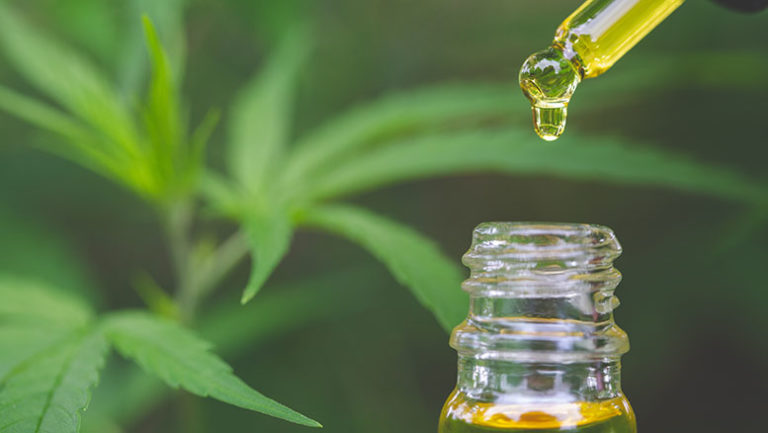Some gray-market CBD products available online in North Carolina are selling for more than approved medicinal CBD prescribed by doctors, resulting in a “paradoxical disconnect” in the market that threatens consumer safety, according to a team of researchers from two state universities.
The paper, by a cross-disciplinary team with expertise in cancer, pain management, health policy, data science, media and social sciences from Wake Forest University, Winston-Salem, and the University of North Carolina, Chapel Hill, calls for state policies that limit access to non-pharmaceutical grade CBD products promoted and sold online and “a more efficient strategy” to enforce federal and local regulations.”
Medical claims
“The NC CBD market promotes products online making unsubstantiated medical claims,” and sellers are therefore in violation of rules under the U.S. Food & Drug Administration (FDA) and North Carolina laws, the paper observes.
North Carolina CBD vendors use their websites to primarily target patients suffering from pain, inflammatory conditions, and anxiety, according to the research. But the products offered “do not represent a favorable alternative” to prescription CBD medicine legally sold in the state because they contain “sub-clinical CBD concentrations” yet are still high priced.
Pricing parity
The study found that gray-market oral and edible CBD products being sold directly to consumers ranged in price from $18 -$50 per 300mg but contain much less CBD than Epidiolex, an FDA-approved, high-concentration medical CBD that helps child epilepsy sufferers. Epidiolex sells for $37 per 300mg, the researchers noted.
That “shows a paradoxical disconnect between the NC CBD market and the NC Epilepsy Alternative Treatment Act that is intended to broaden the access of CBD to other epileptic conditions,” the paper observes.
“The risk of providing online misleading information to vulnerable populations that often seek an alternative therapeutic option for their condition . . . warrants a change in the current policies to limit the access of non-pharmaceutical grade CBD products and their online promotion,” the paper urges.
Following FDA rules
While Epidiolex is marketed consistent with FDA regulations to treat seizure disorders, the FDA mandates that non-prescription products containing CBD cannot be marketed for therapeutic purposes or benefits without prior approval from the agency’s Center for Drug Evaluation and Research, use false or misleading information in marketing efforts, or imply products are approved or endorsed by the FDA.
North Carolina is among many states struggling with CBD policy in the absence of federal rules from the FDA. There are no laws that restrict CBD sales by a properly licensed business, but the state complies with FDA regulations that prohibit CBD in food, unsubstantiated medical claims, and labeling CBD as a nutritional supplement.
The research paper, published in the Journal of Pain Research this week, was funded mainly by the Department of Anesthesiology and the Center for Addiction Research at the Wake Forest University School of Medicine, the National Institutes of Health, and the National Institute on Drug Abuse.
Read the full article here

